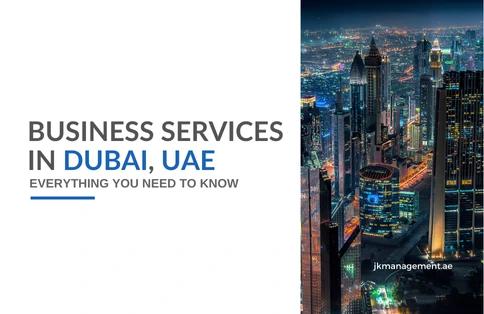Starting a new business is never easy. For startups in Saudi Arabia, the environment brings unique opportunities plus specific challenges. Understanding these common problems early on can save time, money and help your startup be more resilient. Here are the key hurdles and some possible ways to deal with them.
1. Regulatory & Legal Complexity
One of the biggest challenges for startups in Saudi Arabia is navigating regulation and compliance. Laws regarding business licenses, foreign ownership, Saudization, tax, and permits can be complex and time-consuming.
- Permit delays can slow down operations.
Changing laws (especially related to foreign investment, employment, and data protection) require startups to be flexible.
Startup founders often need legal advice, which adds cost.
What to do:
Research all regulatory obligations early. Engage a local legal advisor familiar with Saudi commercial law. Keep up with announcements from bodies such as the Ministry of Investment, Ministry of Commerce, and other relevant authorities.
2. Access to Funding & Investment
For many startups in Saudi Arabia, raising capital is a major roadblock.
Early-stage funding is scarce. Seed funding, angel investment, and venture capital are growing, but still less accessible in many sectors.
Investors often prefer businesses with proven models rather than riskier ideas.
High expectations for returns may discourage innovation in untested sectors.
What to do:
Build a solid pitch with real data. Focus on demonstrating traction, market validation, and scalability. Leverage government funding programs (like those under Saudi Vision 2030) and incubators/accelerators. Consider applying to funding rounds specific to your industry or region.
3. Talent Gap & Hiring Challenges
Finding, recruiting, and retaining qualified talents is another serious issue for startups in Saudi Arabia.
- Skills mismatch: certain technical, managerial, or niche skills are hard to find locally.
High salaries demanded by candidates with experience may strain startup budgets.
Retaining talents when larger, more established firms offer better benefits can be difficult.
What to do:
Offer equity, flexible work arrangements, or other non-monetary incentives. Invest in training and upskilling. Look internationally or in regional hubs for talent. Partner with universities to recruit fresh graduates.
4. Infrastructure & Operational Costs
While infrastructure in Saudi Arabia has improved a lot, startups still face:
High operational costs: rent, utility, logistics can be expensive.
Digital infrastructure gaps in more remote areas. Internet reliability, data centers, etc.
Office space availability in the right locations at affordable rents.
What to do:
Consider remote work or co-working spaces to reduce fixed costs. Locate operations in cities or zones with better infrastructure. Use government industrial or tech-parks which may offer subsidies or benefits.
5. Market Penetration & Customer Trust
For startups in Saudi Arabia, entering local markets and building customer trust are crucial yet challenging.
- Consumers may prefer established brands.
- Cultural preferences, language, and social norms can affect acceptance.
- Difficulty in reaching target customers, especially in non-metro areas.
What to do:
Localize your product/service. Use Arabic in marketing and support. Use influencer and community marketing. Build trust via social proof, testimonials, pilot projects. Engage local partners and stakeholders.
6. Competition & Differentiation
The startup scene in Saudi Arabia is becoming more crowded in popular sectors (e-commerce, fintech, health tech). Differentiating your offering is critical.
Copycat competitors or cheaper alternatives.
Saturation in certain niches.
Difficulty in sustaining innovation when entry barriers are low.
What to do:
Focus on a strong value proposition. Find niche markets. Innovate on service, features, customer experience. Protect intellectual property if possible. Constantly iterate based on feedback.
7. Cultural & Societal Expectations
Cultural norms and expectations can affect how startups operate and grow.
Risk aversion: some investors or partners may prefer safer, traditional business models.
Gender norms: female entrepreneurs may face additional societal or regulatory hurdles.
Preference for stability: both employees and consumers may favor established entities over startups.
What to do:
Build strong networks. Seek mentors who understand both the startup culture and local society. Be aware of local customs and norms. Show social value in your pitch and operations.
8. Access to Support Services & Ecosystem
Startups need support mentorship, accelerators, legal/financial advisers, supply chain partners.
- In more remote regions, the ecosystem is less mature.
- Limited access to professional networks or experienced mentors.
- Insufficient localized support for niche industries.
What to do:
Tap into incubators and accelerators in Riyadh, Jeddah, Dammam, etc. Join industry associations. Seek co-founders who bring complementary networks. Use online platforms to connect with global mentors.
Conclusion
While the journey for startups in Saudi Arabia comes with hurdles like funding, regulations, and talent gaps, the opportunities are immense for those who prepare well. With the right strategy and expert guidance, your startup can thrive in the Kingdom’s growing market.





















